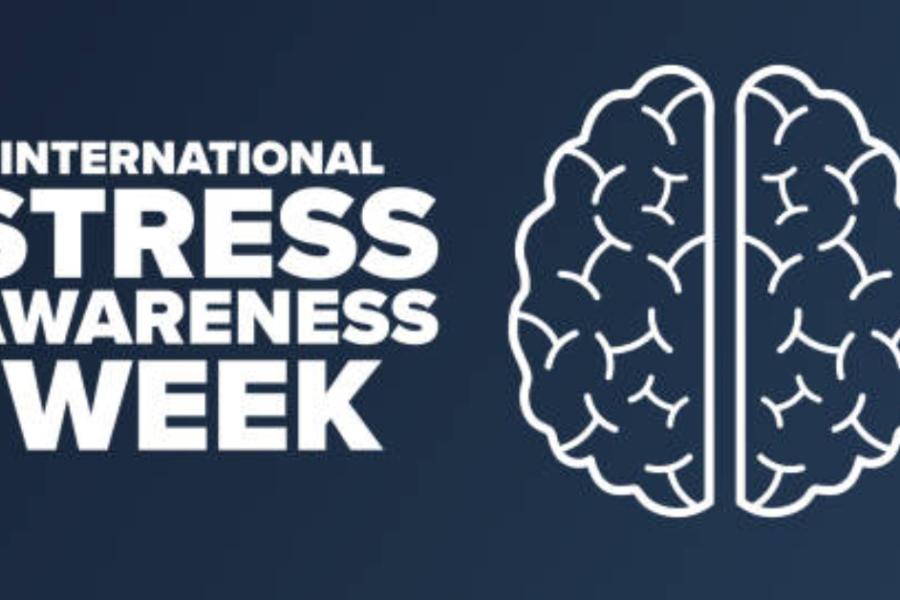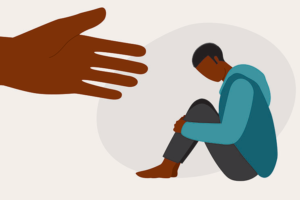By NAMI Southwest Washington
As October 30 marks the beginning of Stress Awareness Week, running through November 6, we at the National Alliance on Mental Illness (NAMI) of Southwest Washington are shining a light on the invisible burden many carry: stress.
Why Stress Awareness?
Life in our modern world is full of potential stressors. From juggling work demands, familial responsibilities, to coping with unforeseen challenges, stress has become an undeniable part of our daily existence. But just because it’s common doesn’t mean it should be normalized. Chronic stress can lead to several mental and physical health issues if left unchecked.
Everyone experiences stress. Whether occasional or chronic, stress affects everyone, and recognizing it is the first step toward managing it. Stress can manifest physically through headaches, fatigue, sleep problems, and chronic stress is a known precursor to anxiety, depression, and other mental health disorders. We believe in a world where mental well-being is prioritized.
Stress is not just a personal issue—it’s a community one. We urge employers to consider wellness initiatives, schools to incorporate mindfulness practices, and families to have open dialogues about mental health.
Let’s Stand Together
Join us this week as we endeavor to raise awareness, share knowledge, and most importantly, offer support. Let’s ensure that every individual has the tools and resources they need to tackle stress head-on. Below are 20 tips to helping reduce stress in your life!
- Deep Breathing & Meditation: These practices can help calm the mind and reduce anxiety.
- Physical Activity: Regular exercise can release built-up tension and boost endorphins, which are natural mood lifters.
- Balanced Diet: Eating a healthy diet can improve your overall well-being and help you handle stress better.
- Avoid Caffeine & Sugar: High intake can increase anxiety. Opt for water, herbal teas, or natural fruit juices.
- Sleep: Ensure you’re getting enough sleep, as lack of rest can exacerbate stress.
- Limit Alcohol & Tobacco: Both can add to stress.
- Time Management: Break tasks into steps, prioritize, and declutter your schedule.
- Breaks: Taking short breaks during the day can help to reset your mind.
- Connect with Others: Talk to someone you trust about your stress, whether it’s friends, family, or a professional.
- Journaling: Writing down your feelings can be a therapeutic way to process emotions.
- Limit Exposure to News: Continuous exposure to negative news can increase feelings of anxiety and stress.
- Limit Screen Time: Especially before bed, as it can interfere with sleep quality.
- Hobbies: Engage in activities you love, whether it’s reading, gardening, crafting, or another hobby.
- Mindfulness & Yoga: These practices can help center your mind and reduce stress and anxiety.
- Set Boundaries: Don’t be afraid to say no or to prioritize your own needs.
- Listen to Music: Calming music can lower blood pressure, reduce cortisol (a stress hormone), and help with relaxation.
- Nature: Spend time outdoors, whether it’s a walk in the park or a hike in the mountains.
- Laugh: It’s good for your health and can help to reduce stress.
- Avoid Procrastination: Split tasks into manageable steps and prioritize.
- Seek Professional Help: If you’re unable to manage stress on your own, consider seeking help from a therapist or counselor.




